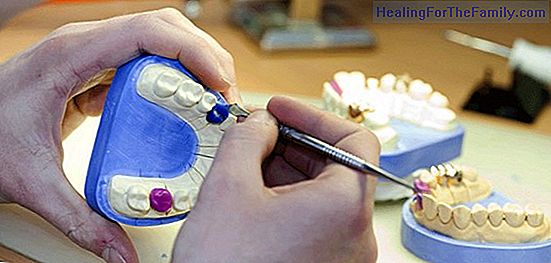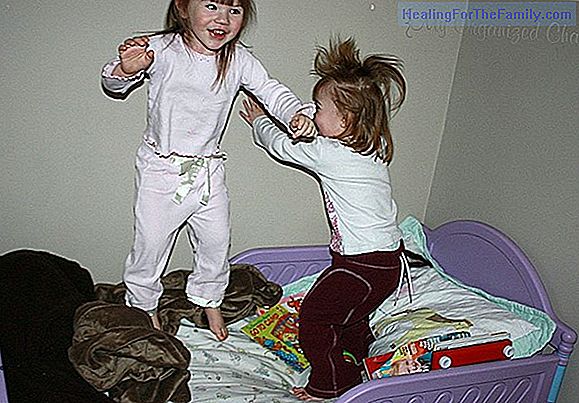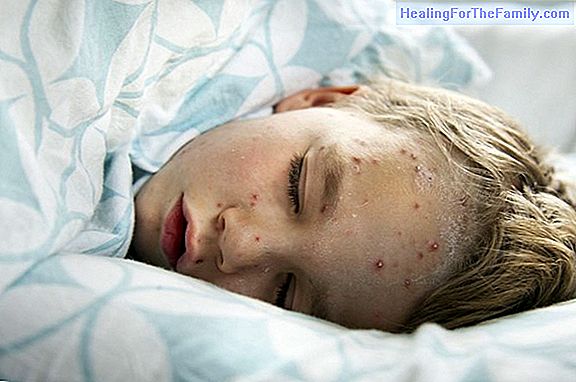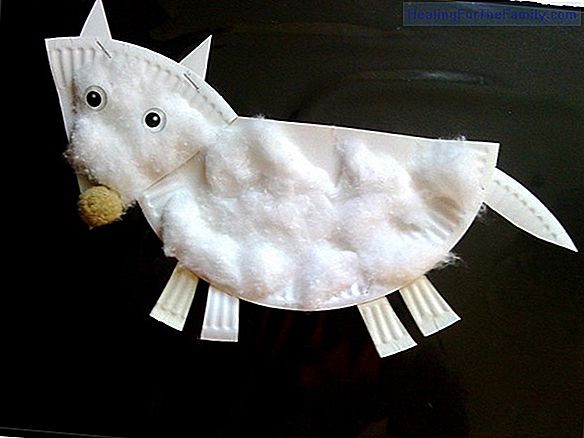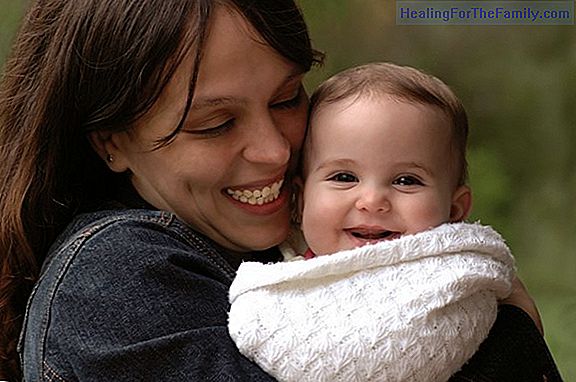Baby sleep disorders
The most frequent causes of childhood sleep disorder are, in most cases, (around 98 percent), the established bad habits. They are not children who suffer from an illness, or have psychological problems, but we have not let them learn to sleep alone. If we are with them until they fall asleep, it is
The most frequent causes of childhood sleep disorder are, in most cases, (around 98 percent), the established bad habits. They are not children who suffer from an illness, or have psychological problems, but we have not let them learn to sleep alone.
If we are with them until they fall asleep, it is usual that if they wake up they miss the adult and call him, and that they do not want to be alone until they fall asleep. This is a habit that they have to learn, and for which they are prepared from before what we imagine.
How to solve the sleep problems of a baby less than a year old?
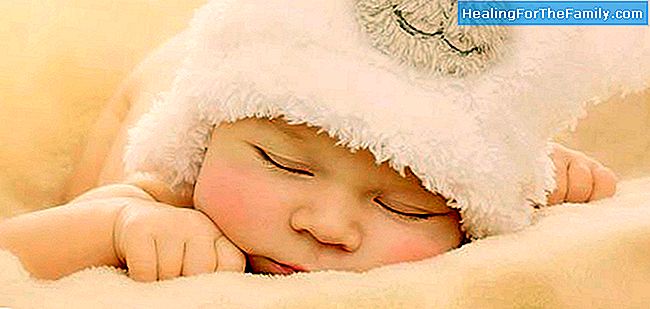
The nightmares, many times, are caused by a film they have seen, a story they have been told, the fear of a monster or a thief coming ... It is very common for children to go through fear phases, but in these cases, by allowing the child to sleep with the adult, unintentionally we are reinforcing that fear, because the secondary gain of the child who sleeps in bed with dad and mom makes the fear become encyst and does not disappear. Anyway, sometimes, the fear of the child is of such intensity that it becomes necessary to train him in strategies of self-control and relaxation to be able to overcome it.
The biological rhythm of the newborn is repeated every 3 or 4 hours, and from the third or fourth month of life the babies begin to make changes in their biological rhythm to progressively abandon these cycles of 3-4 hours to the biological rhythm of the adult ( 24 hours). In order for the baby to adjust that biological clock, it needs external stimuli, which will be precisely what the parents will have to learn to handle. These are: light-darkness, noise-silence. That is why, when babies sleep during the day, we should not do anything to mitigate the noise in the room, it is good that we let sunlight in. However, at night it is advisable to put him in the crib without light and noises, and making sure he is as comfortable as possible, with the diaper changed, the gases expelled ... This is essential so that they can distinguish between sleep and wakefulness.
It will help us to establish a routine, with established hours for food, bath and time to go to bed. Bathing before bed will help relax the child. But it is also essential to teach babies, from childhood, to acquire correct sleep habits. Allowing them to sleep alone in their crib, where they can have a doll, a pacifier ..., will help them to associate that the time has come to sleep ... but, the adult should not stay singing or rocking him until he falls asleep.
To encourage this learning, we must establish a routine and do the same every day and, above all, adults must be very calm so that they are able to transmit security and tranquility to the child. If we are insecure, we transmit it to the child, who of course notices it, becomes restless and that makes it difficult for him to sleep. Adults must transmit security to the child, so that he understands that being alone is normal and that nothing will happen to him. If we leave with doubts or feeling guilty for leaving him alone, the child will notice, he will be nervous and it will be much harder to fall asleep.
As of half a year of life, children are able to sleep alone, in the dark in their room, and sleep through the night, which happens, many times, is that we have not left them the opportunity to learn to sleep alone. If we teach them correct habits, we will largely prevent sleep problems in the child.
The children, who at 5 years have not overcome the sleep problems, are more likely to suffer them throughout their lives, than others who sleep well, so we must be vigilant, to tackle them as soon as possible, since , in these ages they are easier to solve.

